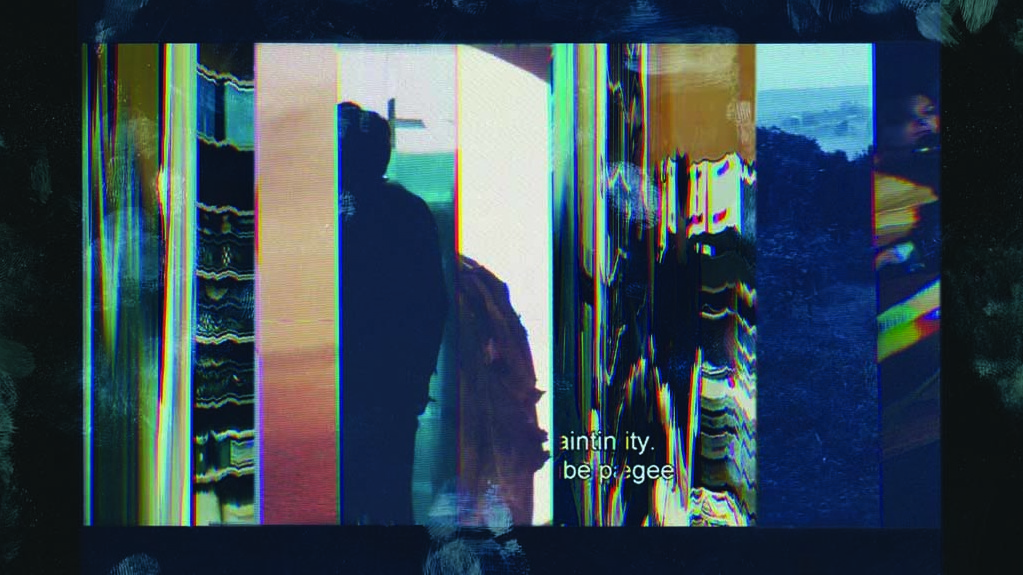You can trust Louder
Having briefly removed the ‘Quartet’ part of their name after the temporary departure of keyboardist Keir Vine, these ambiently inclined Londoners have now readopted their best-known monicker and sound more assured than ever on this fifth album.
Gorgeously brooding midnight piano introduces Objects To Place In A Tomb, before sax lines float smokily across it and stuttering drum’n’bass-ish beats add an uneasy edge. There’s a similarly widescreen feel to Current History, evoking mental images of stoned ravers blearily watching the sun rise on a Thai beach. For a band who built their reputation on jazzy experimentation, they also create their fair share of addictive hooks, albeit often stemming from a minimalist musical template. The hypnotic, dubby bassline of A Luminous Beam is a case in point, and their characteristic use of a hand‑made, steel drum-like Swiss instrument called the Hang brings Beyond Dialogue to life with a simple, circular motif. And even if that album title sounds like something a bunch of post-punk noiseniks would have come up with on a trip to East Berlin in 1981, this is anything but a cold, emotionless work. Automated it ain’t. Artful it most certainly is.
Sign up below to get the latest from Prog, plus exclusive special offers, direct to your inbox!
Johnny is a regular contributor to Prog and Classic Rock magazines, both online and in print. Johnny is a highly experienced and versatile music writer whose tastes range from prog and hard rock to R’n’B, funk, folk and blues. He has written about music professionally for 30 years, surviving the Britpop wars at the NME in the 90s (under the hard-to-shake teenage nickname Johnny Cigarettes) before branching out to newspapers such as The Guardian and The Independent and magazines such as Uncut, Record Collector and, of course, Prog and Classic Rock.


